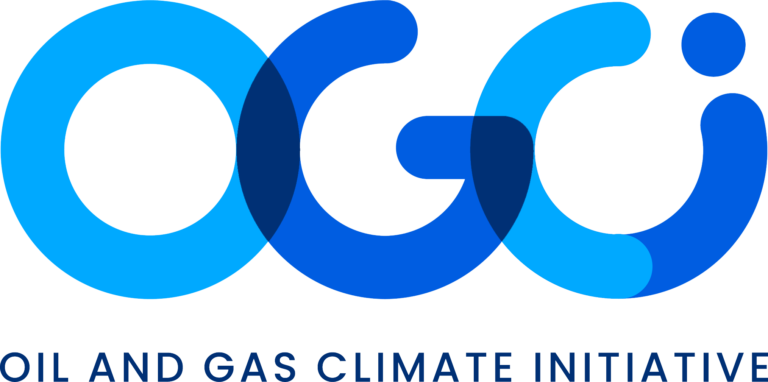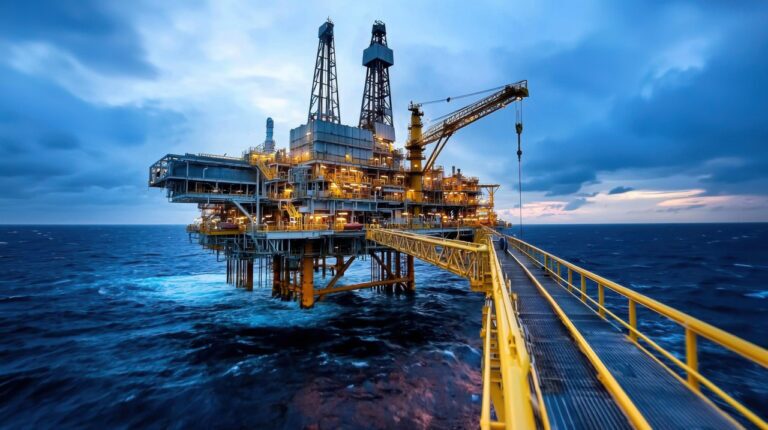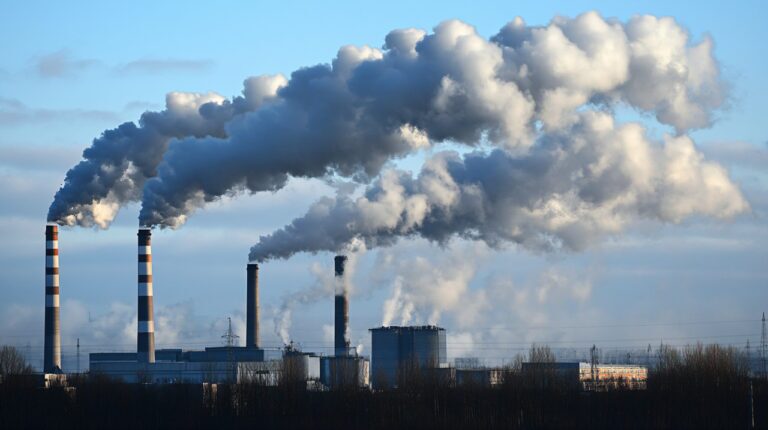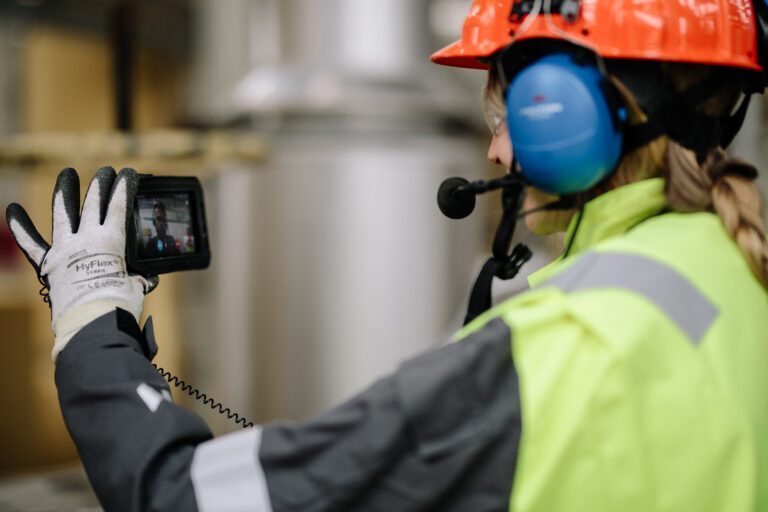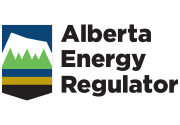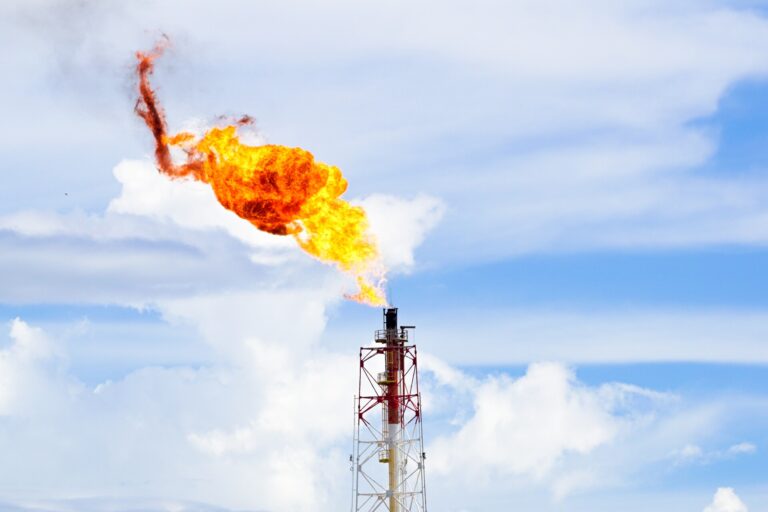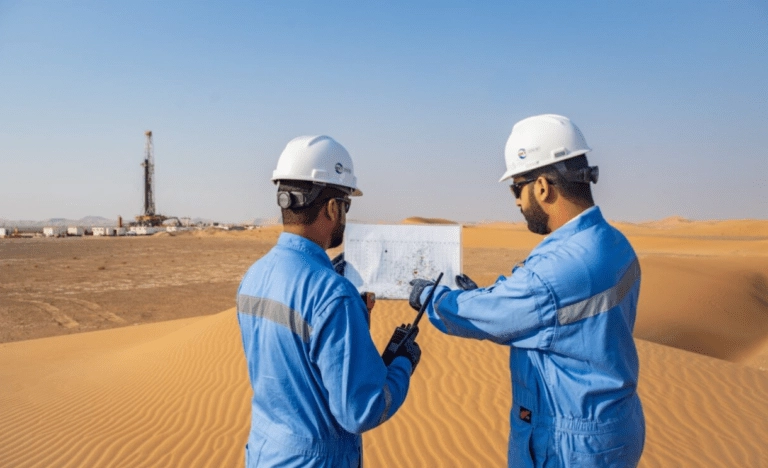The Fugitive Emissions Abatement Simulation Toolkit or FEAST is a model to evaluate the effectiveness of methane leak detection and repair (LDAR) programs at oil and gas facilities. Recent advances in the development of new fixed (continuous monitoring systems) and mobile (truck-, drone-, plane-, and satellite-based) methane leak detection technologies have led to growing interest in alternative LDAR programs. The FEAST model helps operators and regulators compare a variety of LDAR program configurations such as continuous monitoring systems and hybrid aerial and ground surveys to develop cost-effective mitigation protocols.
Fugitive Emissions Abatement Simulation Toolkit
The EEMDL (Energy Emissions Modeling and Data Lab) is a collaborative initiative between the University of Texas at Austin, Colorado State University, and the Colorado School of Mines.
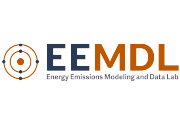
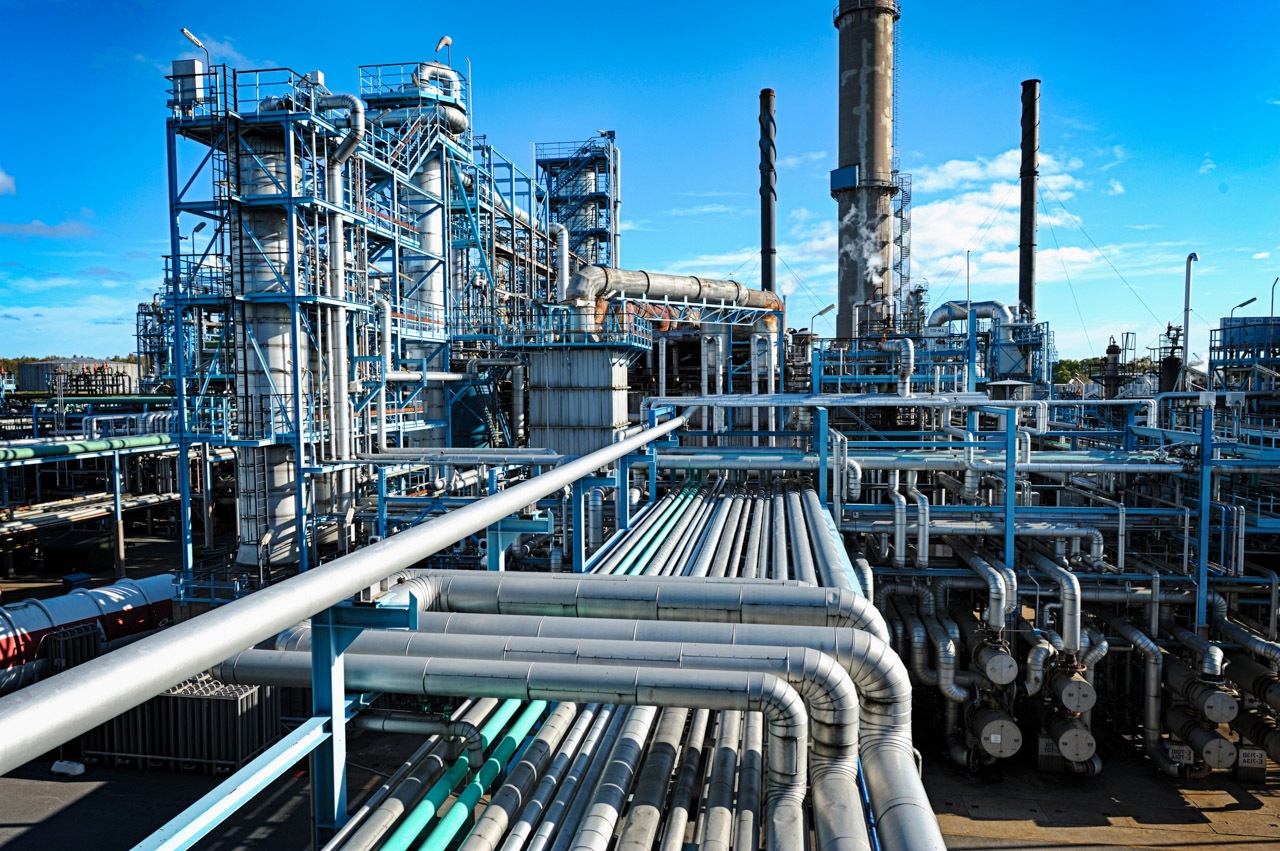
OGCI and its member companies do not assume any responsibility for the accuracy or reliability of any information offered by third-party websites linked though this site. The views expressed in the external content do not necessarily reflect those of OGCI or its member companies. See our Terms of Use.
Region
Global
Published
N/A
Resource Type
Tools
Category
Detection and quantification technologies
More info
Sub-Category
Technology performance
Segment
N/A
Equipment
N/A
Related resources
In this study methane emissions were measured at 6650 sites across six major oil and gas producing regions in Canada to examine regional emission trends,
This study focuses on creating a robust, source-resolved methane inventory for conventional upstream oil and gas production in Alberta, Canada, leveraging high-sensitivity LiDAR-based methane detection.
Alternative Fugitive Emissions Methane Detection technology evaluation matrix report. A report prepared by Highwood Emissions Management for the Alberta Energy Regulator outlines alternative LDAR programs
Recently visited resources
The IEA’s gas flaring page reviews global flaring trends, environmental impacts, and reduction strategies. It discusses flaring’s role in greenhouse gas emissions and offers links
Brochure created by GasNaturally discussing methane emissions in Europe. It highlights the environmental impact of methane, O&G sources, and emission reduction strategies. The document also
This book highlights the business case for reducing gas flaring and methane emissions (FMR), offering a framework for policymakers to evaluate FMR project feasibility and
